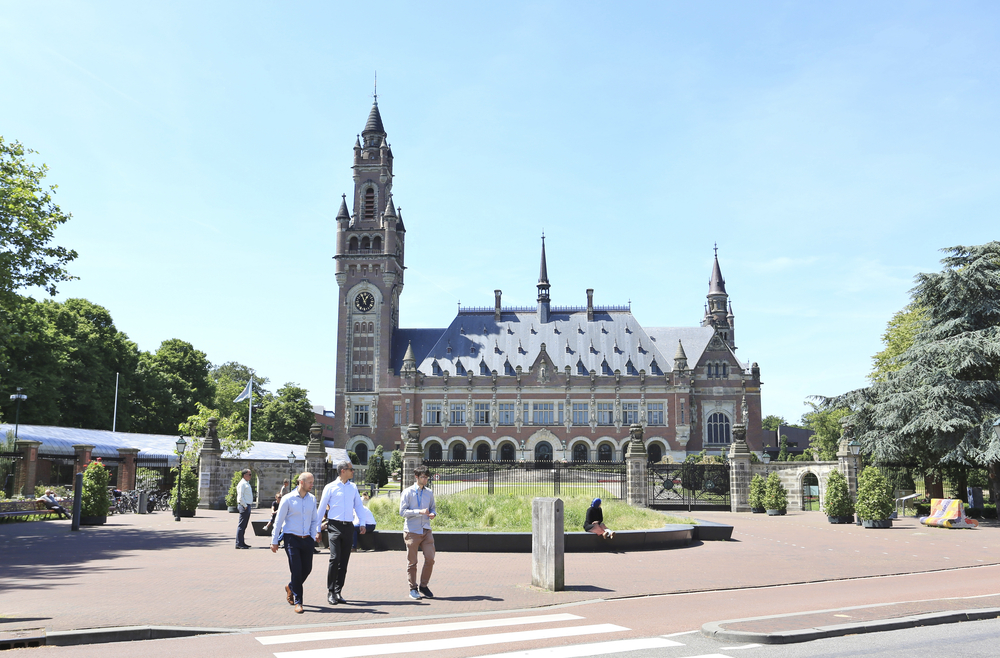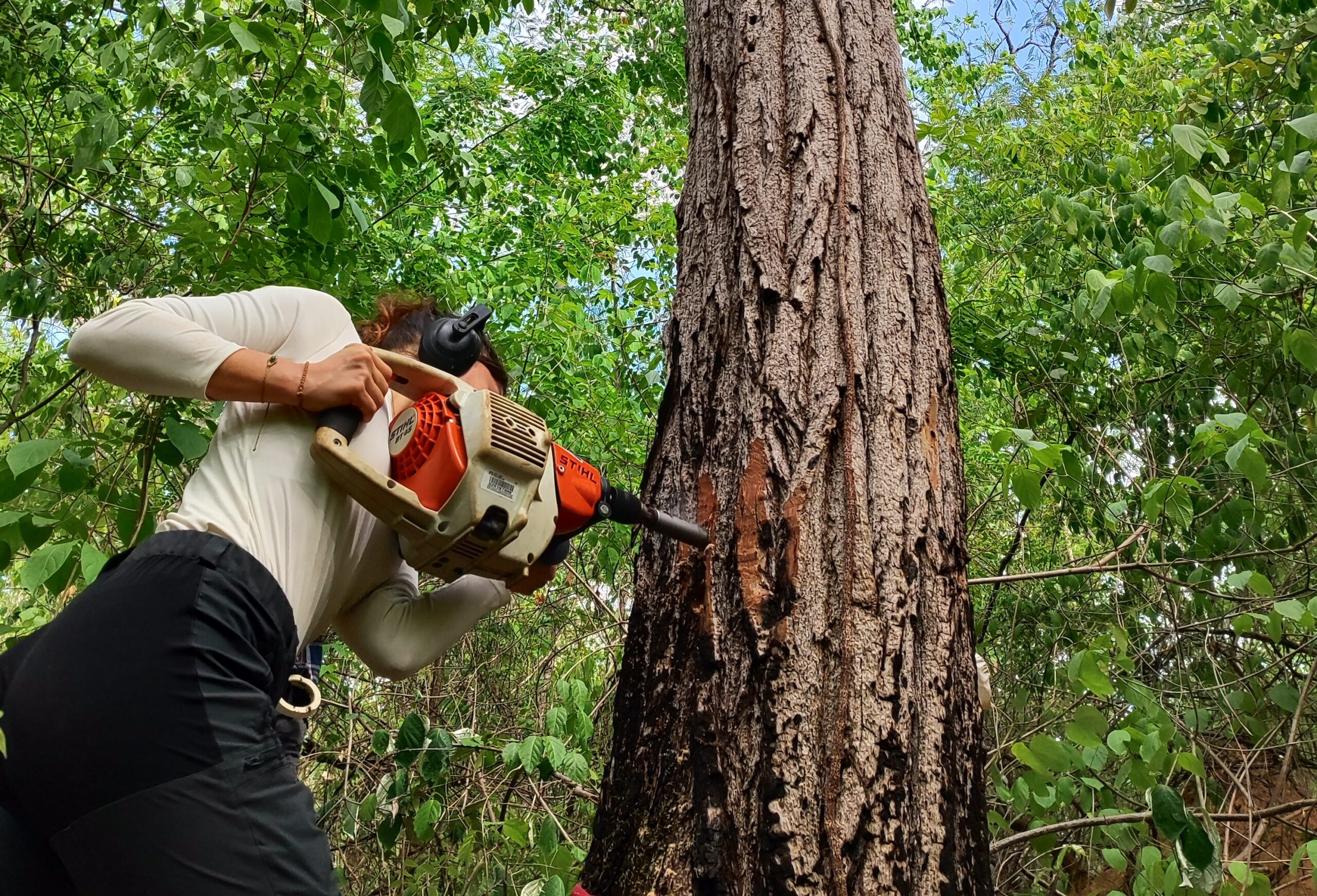Global leaders reached an agreement on the COP28 climate summit yesterday morning. ‘A breakthrough’, according to various media. Max van Deursen, a PhD researcher on international climate policy, was in Dubai and calls it a ‘lose-lose situation’.
‘There are a few important rays of hope’, Van Deursen states in a phone interview from Dubai. ‘A Global Goal on Adaptation has been formulated, the climate loss and damage fund is now operational, and fossil fuels are mentioned in the final statement. But concrete steps to phase out fossil fuels are still lacking.’
Nonetheless, the media call it a breakthrough and say the outcome is historical. Van Deursen disagrees. ‘The fact that fossil fuels are specifically mentioned is new, but we may also consider why they have never been mentioned before in the past three decades.’
Selective transparency
At the first climate summit in 1992, it was agreed that developed nations were to take the lead in reducing emissions. ‘This COP28 summit’s concluding statement acknowledges the calculations made by the IPCC that developed nations were to reduce their emissions by 25 to 40 per cent between 1990 and 2020, but it omits a crucial detail: the actual reduction achieved was only 11.3 per cent. Moreover, developed nations refused to include a reference to a recent UNFCCC rapport in the final statement. This report reveals that none of the developed countries have taken sufficient action to achieve their climate goals by 2030. From 1992 until now, countries have agreed to take climate action each year. Everyone knows what must be done, but the actual reduction is lagging.’
Without taking the past into account, it is hard to reach credible agreements for the future, according to Van Deursen. ‘Under the Paris Agreement, nations can set their own goals without being mandated to achieve them. The Global Stocktake could have addressed this lack of obligation by steering towards new climate goals. But developing nations feared taking on new responsibilities that were not supported by sufficient climate funding.’
Ambition
Europe and the United States want all countries to set ambitions in keeping with the 1.5-degree target. Some developing nations are reluctant. This relates to the fact that the distinction between developing and developed nations has become blurred since the Paris Agreement, Van Deursen clarifies. ‘On a global level, we must achieve a 43 per cent reduction by 2030, but an average European generates 6 tonnes of CO2 emissions, against just 2 tonnes per person in India. Does it still seem fair to expect such a country to reduce its emissions by half?’
‘The EU focuses on halving’, Van Deursen continues. ‘A smart trick, with which I disagree. Rich nations should take the lead in accelerating the transition. This COP could have resulted in a win-win if we had agreed on international solidarity. That means clearly stating that rich nations must make means available for other countries to make the transition. That, sadly, has not happened, and now it is a lose-lose situation with some non-committal language on increased ambitions and vague statements on climate funding.’
Talk or act
The Climate Action Network presented the Fossil of the Year award during this COP. The award was presented to the United States for its continued production of vast quantities of fossil fuels. ‘That casts doubt on their sincerity. What does the fact that we included a transition away from fossil fuels in the text?’
Whether the text will be translated into action remains to be seen. Van Deursen is sceptical. ‘We may have reached new agreements, but there are still plenty of loopholes in the agreement. A spokesperson for the small island states called the agreement a canoe full of holes in which we are trying to cross the river.’
Hope
‘A loss and damages fund was set up on the very first day of the summit, which is an important outcome for developing nations and a ray of hope in the final agreement. Whether sufficient funds will be made available is to become clear in the coming years.’
Another key result of this summit is the Global Goal on Adaptation, says Van Deursen. ‘This goal formulates several thematic goals that must be achieved by 2030 to make countries more resilient against climate change. The catch is that no numerical indicators have been set since these will be further detailed in the coming two years.’

 Several protests against fossil fuels were held during the COP28. Photo Max van Deursen
Several protests against fossil fuels were held during the COP28. Photo Max van Deursen 

